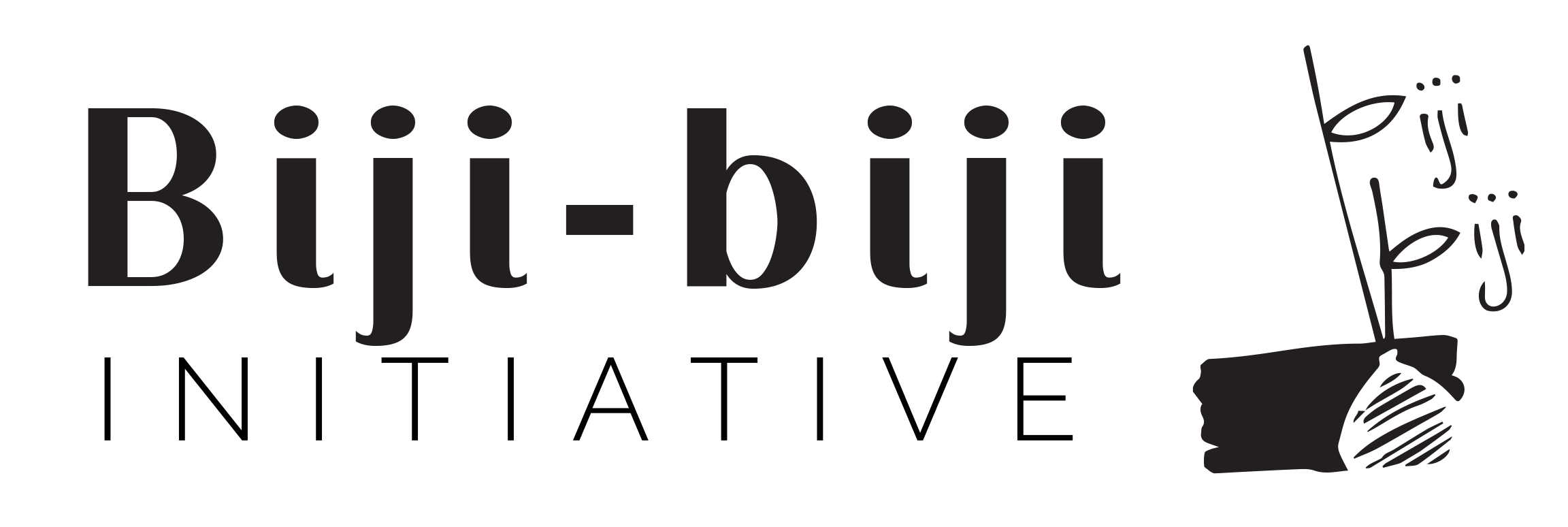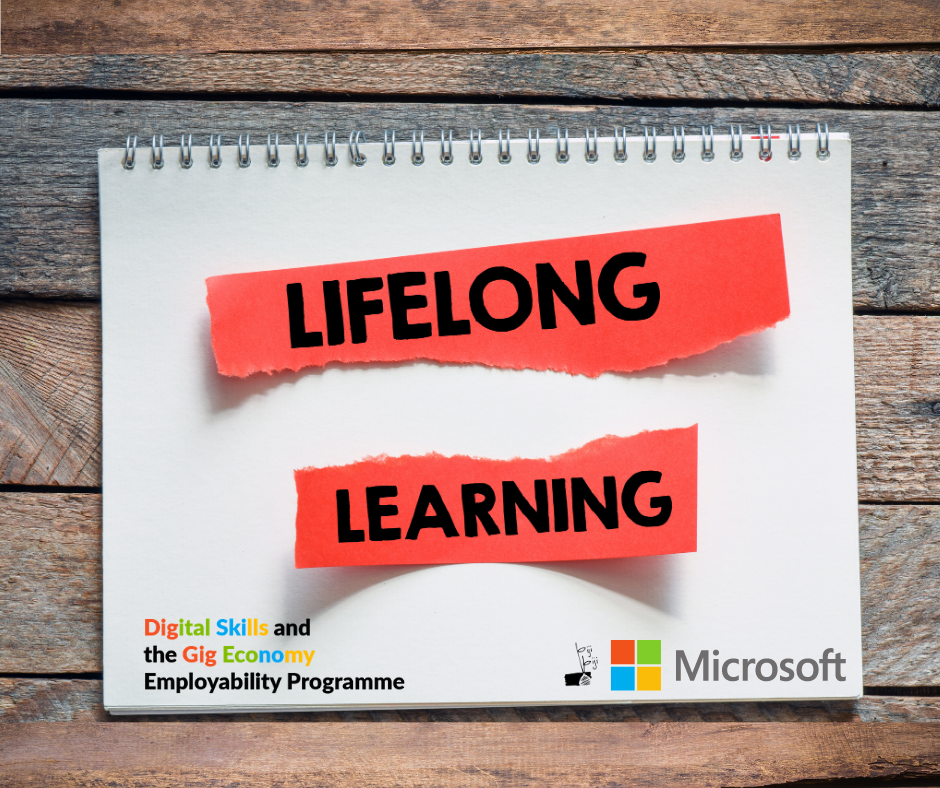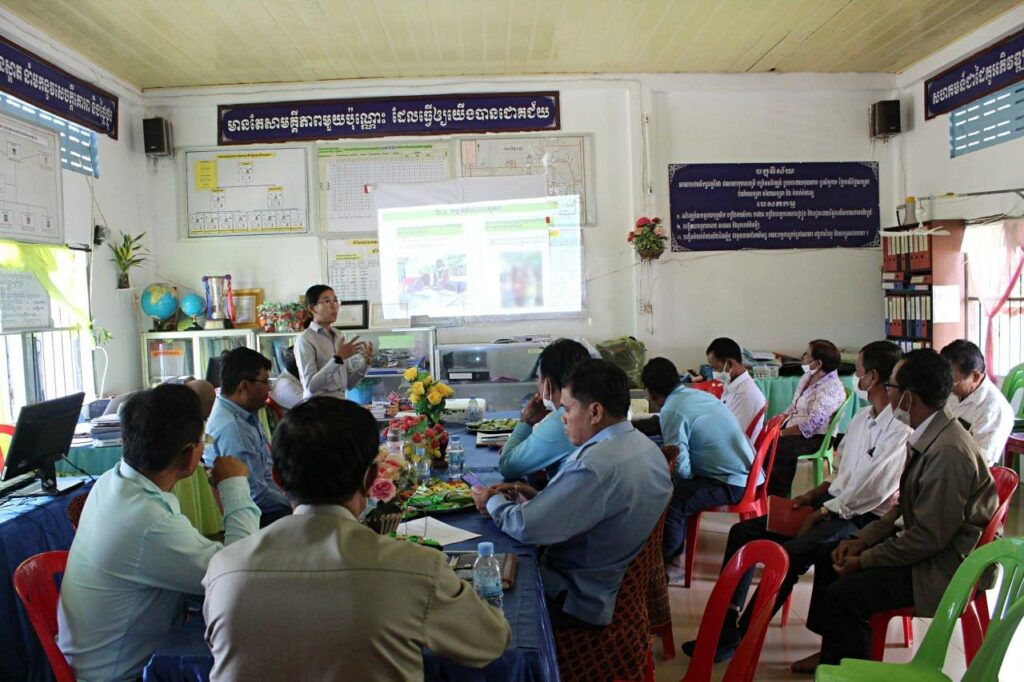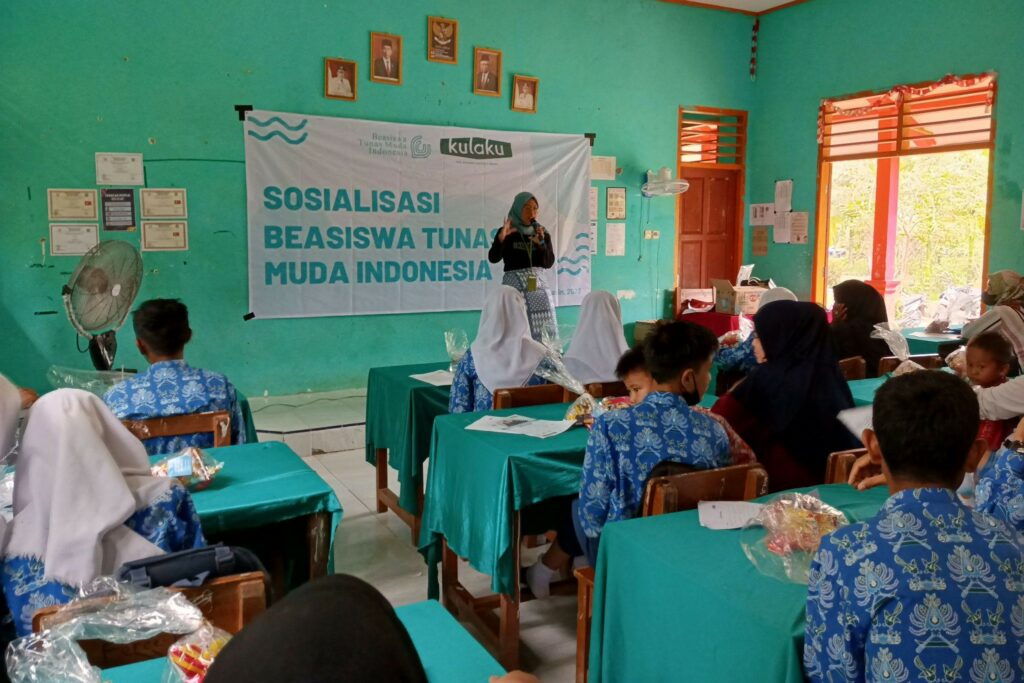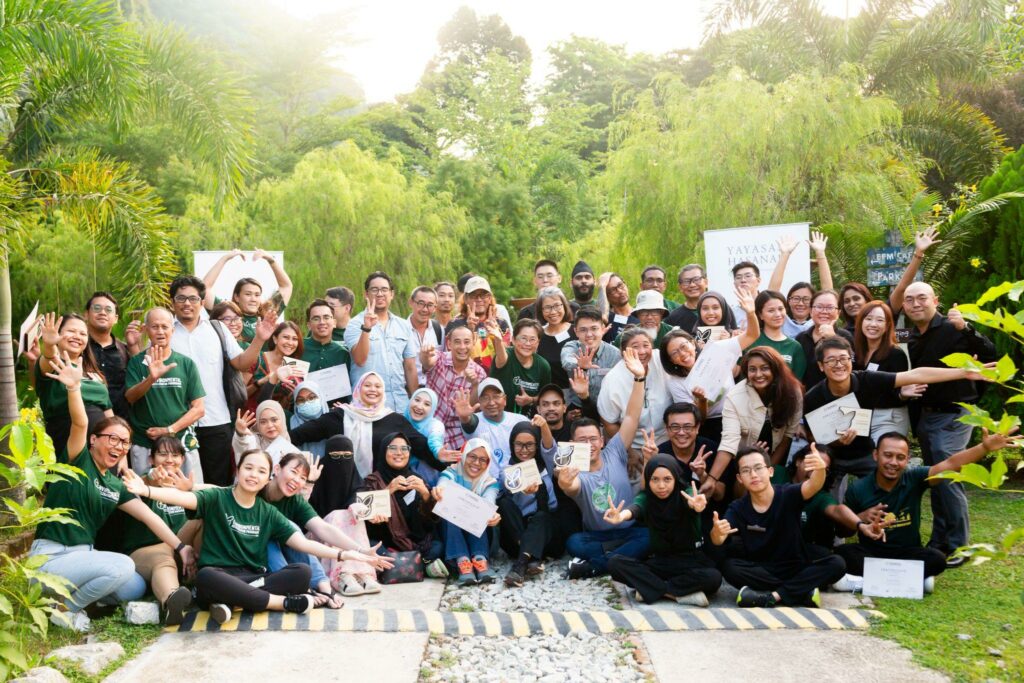“Intellectual growth should commence at birth and cease only at death.” – Albert Einstein.
In this article, we explore five simple ways to develop the habit of lifelong learning, especially to grow as a gig worker.
What is lifelong learning?
In the broadest sense, lifelong learning refers to development after formal education: the continuing development of knowledge and skills people experience after formal education and throughout their lives.
More than anything, lifelong learning is a mindset and habit for people to acquire. In an article exploring conceptual frameworks and innovative computational environments to support lifelong learning, Fischer (2000) describes lifelong learning as “essential challenge for inventing the future of our societies; it is a necessity rather than a possibility or a luxury to be considered”.
Typically, we receive our formal education during a certain set period in our lives (school) and eventually apply the knowledge we have learned in the workplace.
However, we should know that our lifetimes are not equally divided into education, followed by work. Learning happens day in, day out as we navigate society, professionally, academically, or personally to solve new problems that arise in the world we live in today.
“Intellectual growth should commence at birth and cease only at death.”
— Albert Einstein
Why we should all become lifelong learners
In a world filled with high-tech wonder, we are bombarded each day with information, introduced to new systems, and experiencing rapid technological changes.
Lifelong learning becomes the key to tackling new problems that arise and enriching our lives with knowledge and wisdom.
It also becomes a meaningful way to prevent ourselves from lagging as we progress through rapid technological advancement in today’s work climate.
How does one practice lifelong learning?
Apart from the broader sense of things, lifelong learning to sharpen specific skills becomes vital to keep up with rapid changes in industries and the workplace.
Much like watching a YouTube video to learn how to cook a dish, lifelong learning may occur in the form of learning-on-the-go when a need arises.
In the gig economy, lifelong learning is essential to equip yourself with new skills or update your current skill set to match industry standards. As freelancers, contract-based hires and part-time workers, you may keep pace with the market better than your traditionally employed counterparts, gaining a competitive edge as you continuously learn and grow.
Today, tomorrow and in the future of work, lifelong and continuous learning paves the way for success.
5 ways to develop the habit of lifelong learning
1. Attend massive open online courses
Instead of a higher education system for a program, which typically requires a long-term time dedication, as well as a larger financial commitment, platforms offering massive open online courses (MOOCs), are seeing a surge in popularity for understandable reasons: we learn better to upgrade our knowledge and skills when we need it, especially when it comes in smaller bites.
MOOCs are courses delivered online and accessible to all for free, usually consisting of videos, readings, assessments, and discussion forums. Upon completion of a MOOC, learners will be able to earn a certificate of completion. Well-known providers of MOOCs include Coursera, edX, FutureLearn, and Udacity.
Attending online courses through MOOCs is an excellent way to engage in lifelong learning, either to learn new skills, switch careers, or to immerse yourself in the joy of learning.
Other times, online learning becomes critical to job searches and skill upgrades in economic upheavals, such as the one caused by the Covid-19 pandemic.
As 2020 emerged as one of the most challenging years we have experienced, there was an urgent need to begin fostering a safe economic recovery. One of the key ways to achieve this is programs for easier access to digital skills for individuals, especially those who experienced the hardest hit by job losses and including people in the lower-income groups, women and underrepresented communities.
In response to the economic challenges caused by the pandemic, Microsoft initiated a global skills initiative to introduce digital skills to 25 million people worldwide by the end of 2021.
At its heart, the initiative is a comprehensive technology initiative that will build on data and digital technology, providing free access to LinkedIn Learning, Microsoft Learn, and the Github Learning Lab. The content is also coupled with Microsoft Certifications and LinkedIn job-seeking tools.
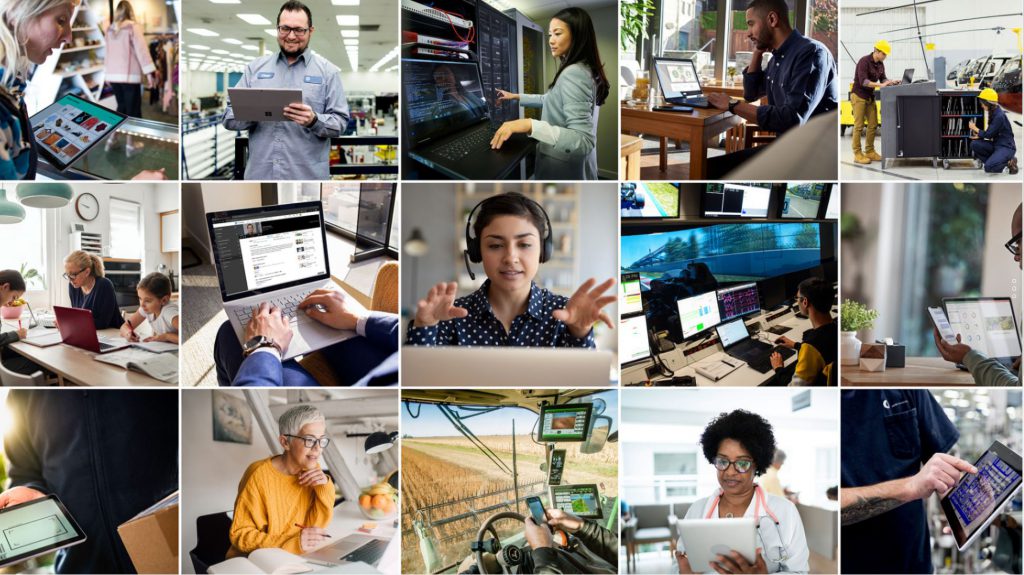
2. Read widely and frequently
Often the most straightforward ways to engage directly in lifelong learning is through reading! Reading enhances knowledge, refines your vocabulary, increases intelligence, and promotes your ability to empathize and understand others’ mental states.
Check out this list of best books to read in 2020, by The New Yorker, here.
Moreover, apart from the learning material from attending online courses, reading additional information about a topic or skill complements the overall learning journey. It enhances your understanding of the subject matter, giving insight into industry trends and new developments.
If you find yourself pressed for time to read books regularly, consider Blinkist, a platform which creates bite-sized content so that people can easily fit reading and learning into their lives.
3. Network with industry experts
Networking is well-known in the professional world for its long-standing benefits, such as access to job opportunities, career advancement, mentorship, and strengthening business relationships, to name a few.
One advantage to highlight here is the chance to gain new insights, knowledge and perspective. In this case, a vast network of informed and valuable contacts means broader access to information not usually attainable from your network.
Don’t be afraid to reach out to people you admire! More often than not, we meet extraordinary people who inspire and motivate us in our journey.
As a social entreprise, we are strong proponents of networking and mentorship, especially for budding young entrepreneurs, youths, and passionate individuals embarking on a journey for social impact and change.
Many of our networking and mentorship opportunities are incorporated into programs created and executed by Me.reka, our sister company which emphasizes STEAM education and unconventional learning – check Me.reka out here.
4. Develop a growth mindset
Merely speaking, individuals who have a growth mindset believe and embrace the notion that their talents can be developed through hard work, continuous learning and effective strategies.
Learners with a growth mindset may embrace lifelong learning and perceive challenges encountered as necessary in the learning process, typically bouncing back by amping up their motivational effort.
In developing a lifelong learning habit, having a growth mindset helps drive intrinsic motivation by understanding that intelligence and mastery are malleable. This way of thinking sets a positive learning outlook for the learner to be fearless in the face of setbacks and failure, as we often need to pass challenges on the way to success.
In other cases, having a growth mindset also means leveraging what you already have, such as your current knowledge and resources to be utilized as the foundation for further professional and personal development. This is critical for our next point of beginning a personal project to practice and showcase your skills!
As with developing new habits and mindsets, it all takes time, practice and perseverance. Try to start with seeing your learning journey as a fluid one, and don’t be discouraged by setbacks – remember, we all pass failure on the way to success. Fail quickly, fail often – speed up the process of building back better.
5. Start your project
Initiating a personal project is a great way to start applying what you have learned from reading, taking courses, and speaking to people. It is also a significant opportunity to practice your skills while building up a portfolio or resume.
Projects also give great insight into the problems you will encounter as you work towards your goal, and a surefire way to train yourself to get comfortable with challenges; shaping you to become more resilient and efficient in problem-solving.
If you find yourself at a loss to begin, we recommend the design thinking approach. In essence, design thinking is a solution-oriented approach used to achieve innovation with considerations about the end-user at the heart of all developmental stages.
First, identify the problems in a target community; then seek to transform these problems into curated design challenges that emphasize actionable solutions.
Our sister company, Me.reka, are strong advocates of the design thinking approach in lifelong learning, having incorporated this into Me.reka’s corporate training program.
Are you interested in learning more about Me.reka’s corporate training program? Contact Me.reka here.
Setting time and energy aside to work on a personal project may seem daunting at first, but here it is essential to see things from a broader perspective – you will be sowing the seeds of your growth by making it a priority!
The Digital Skills and the Gig Economy Employability Programme

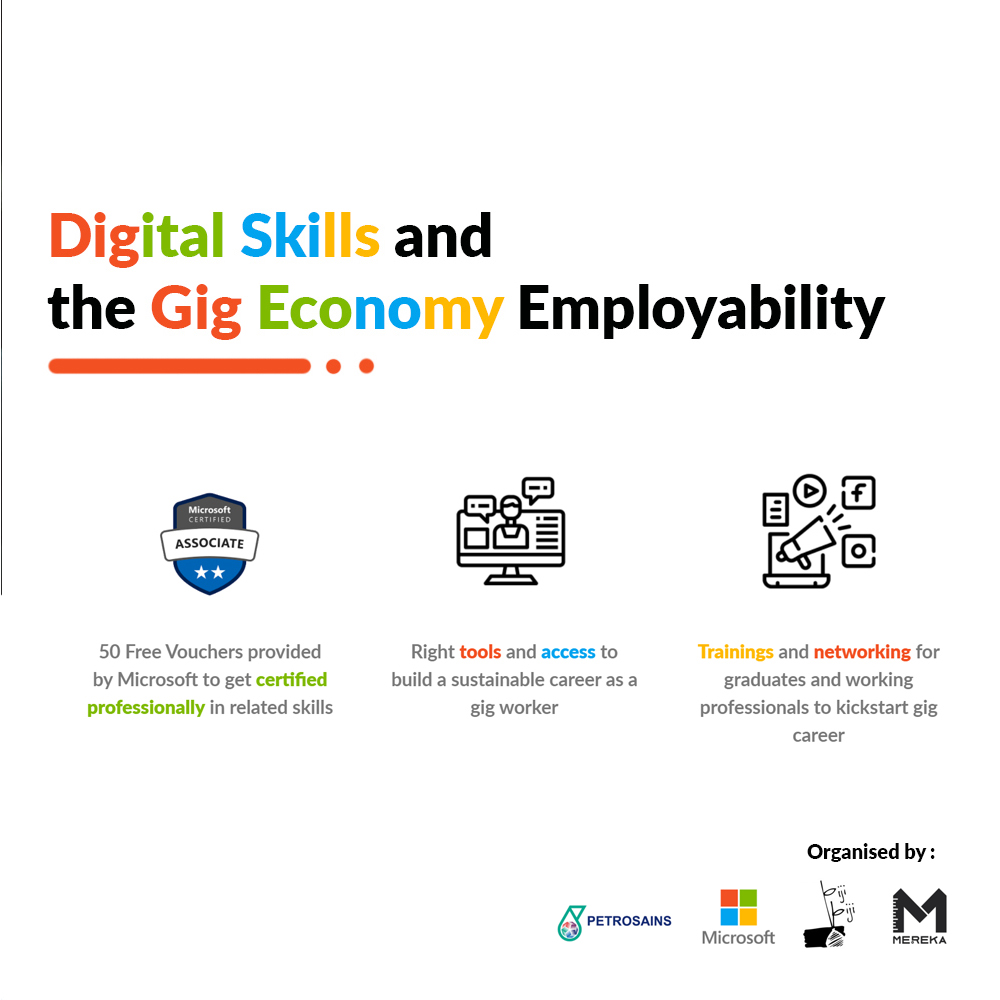
As part of a global skills initiative aimed at bringing more digital skills to 25 million people worldwide by the end of 2020, we have also partnered with Microsoft Malaysia, to launch a campaign, called the ‘Digital Skills and the Gig Economy Employability Programme’.
The programme specifically highlights the promising future of the gig economy while also addressing its controversies with the hopes of preparing and empowering those who venture into this future workforce.
The partnership spawned a series of digital workshops for current and future gig workers to prepare individuals with relevant 21st-century skills to successfully operate within the gig economy, taking into account personal branding, financing, risk management and more.
In December of 2020, we have launched a separate campaign – #MicrosoftGigChallenge and #MicrosoftGigStories by encouraging fellow gig workers to come forward with stories of their experience in the gig economy.
This campaign aims to highlight gig workers and to promote the gig economy among our community, enabling others to see the gig economy through their valuable experiences.
Check out highlights from #MicrosoftGigChallenge here, and #MicrosoftGigStories here.
